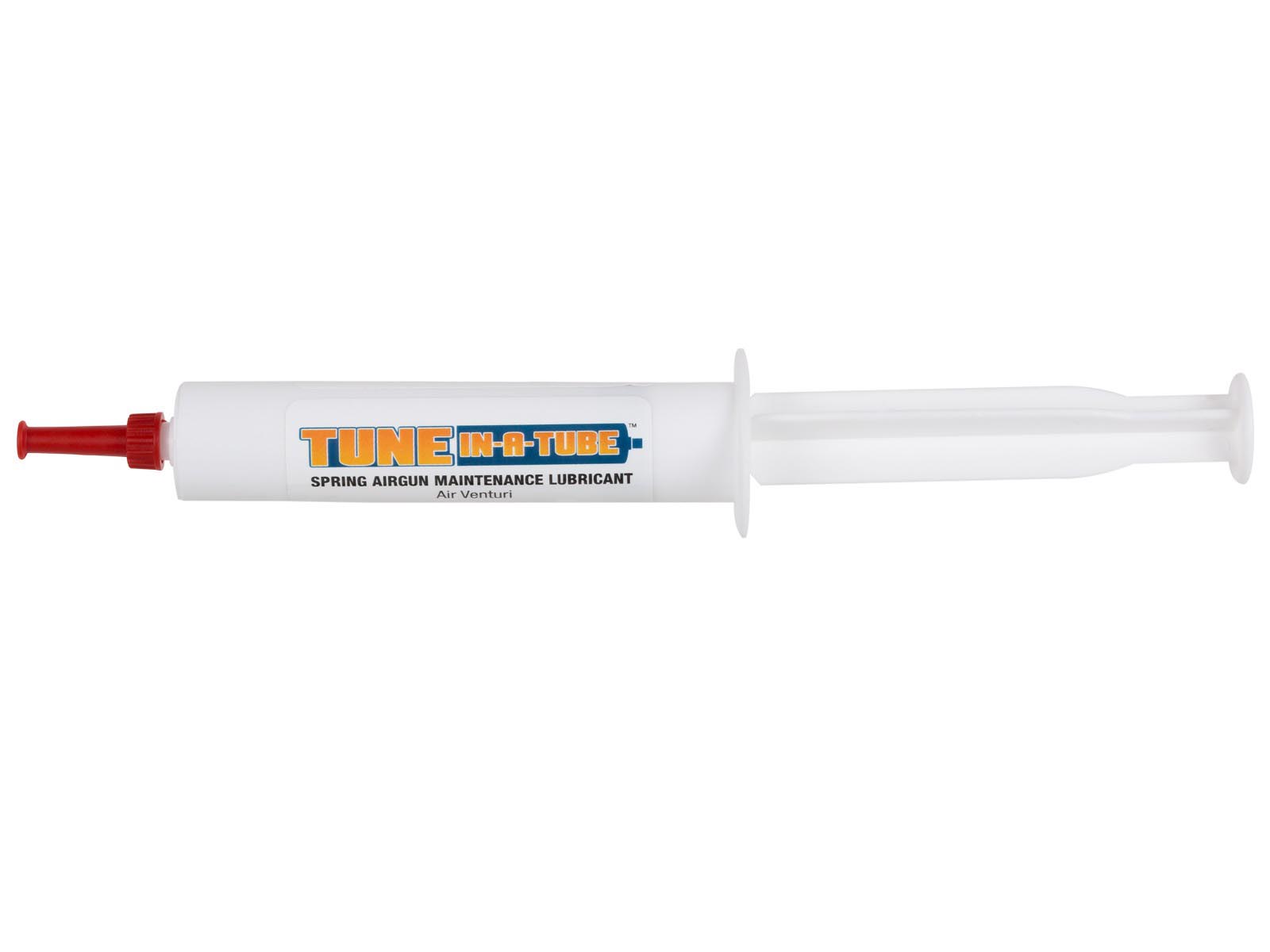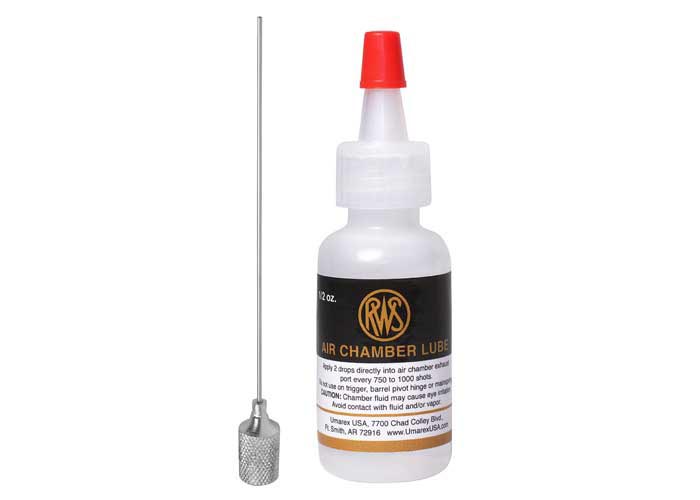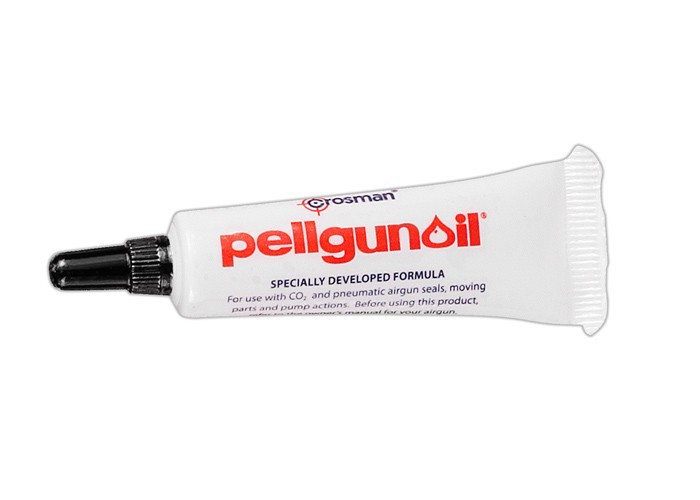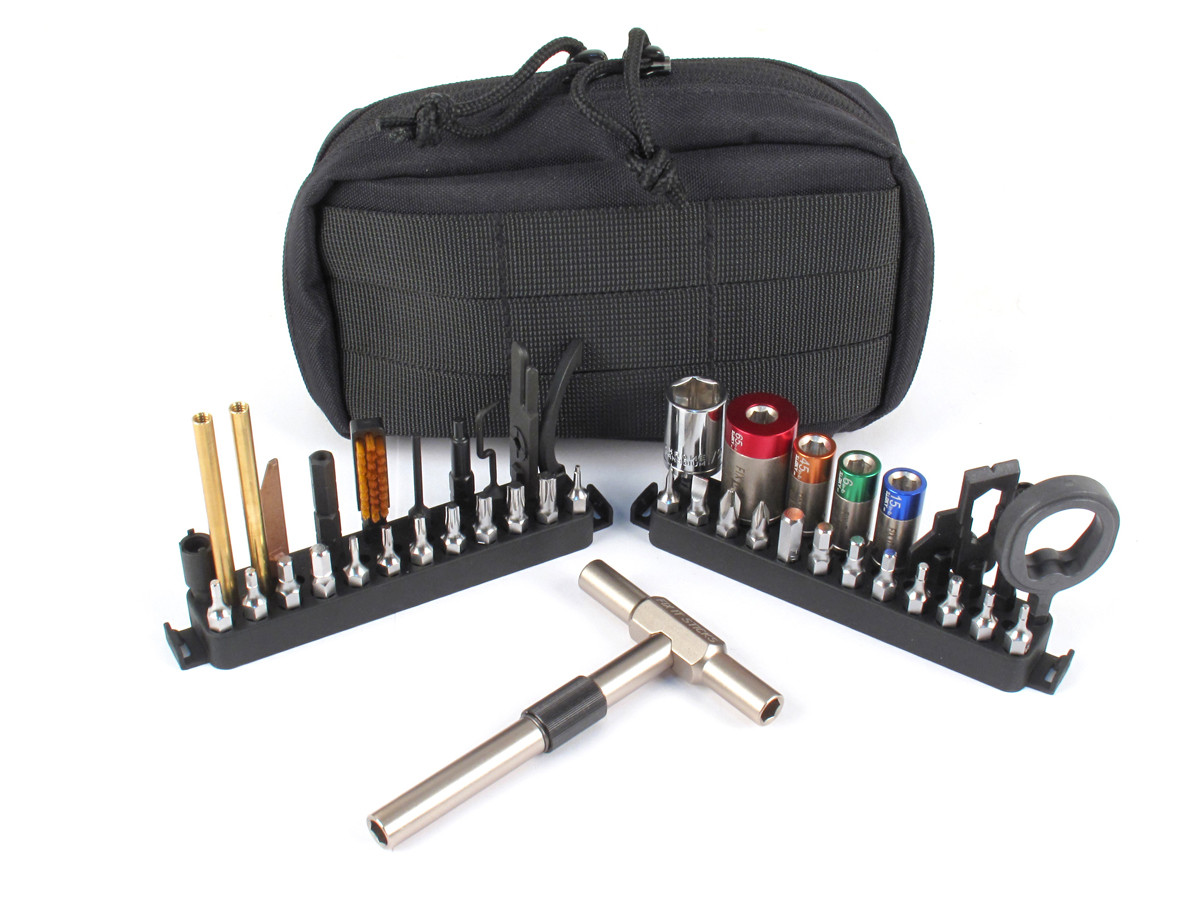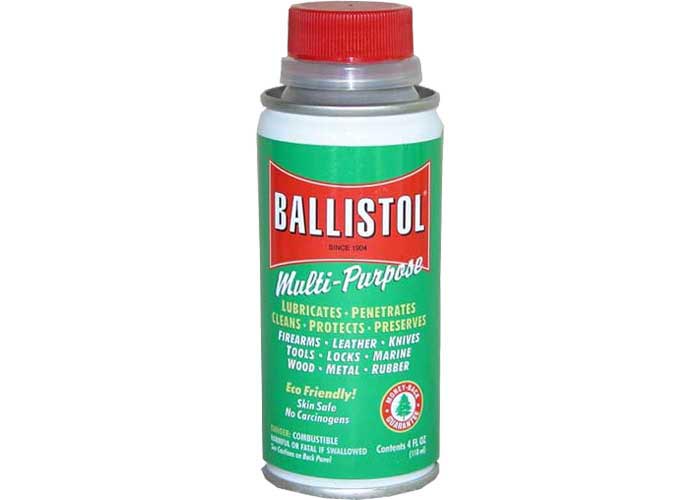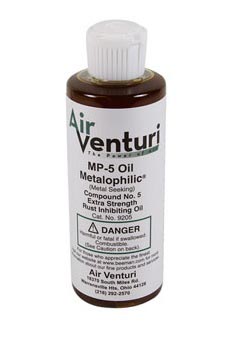One of the first questions new airgunners have is how often do they need to clean their airguns. The next question would be, “what are the best products to use to clean my airgun?” This article will address both topics so that you can get the most out of your airgun and this great sport.
Where Do We Start?
The first thing you need to know is that airguns are not like firearms when it comes to cleaning. There’s no gunpowder to foul the action and there are no caustic materials to ruin the bore. But that does not mean that you don’t need to keep up with best practice maintenance. The manufacturer is the best place to get information on what’s best for your airgun. Be sure to read the manual, and if you have questions, please contact their service and maintenance departments for any clarification you may need. Using the wrong lube or brushes may damage your airgun, and that damage may not be covered under your warranty. Don’t assume; get hard data before you start.
Traditional Coiled Spring Airgun Maintenance
A traditional spring gun is one of the easiest guns to maintain. If your manufacturer has a regimen, then be sure to follow it. If you want to help take some of the “twang” out of your springer, we suggest Tune-In-A-Tube. This grease binds to the metal coils and removes harmonic vibration. The difference is pretty amazing. What’s even better is that once a gun’s been treated with Tune-In-A-Tube, you can pretty much rest easy from there on out.
Gas Ram Powered Airgun Maintenance
You will need to leverage any information you can get from the manufacturer here. Gas Ram airguns should be essentially maintenance-free by design. You may need to treat the piston seal with something like RWS Air Chamber Lube once in a while, but that should be about it.
Multi-Pump Airgun Maintenance
Most pump air rifles have a specific place you need to oil. You will want to use something like pure silicone oil or Crosman’s Pellgunoil. Again, following the manual is going to be essential for longevity.
PCP Airgun Maintenance
This is tricky as PCP air rifles can be fairly simple or extremely complicated depending on the model. The best option is to address issues only when they come up. Trying to “reseal” a PCP that’s not leaking just because you think it’s due, may lead to problems that you didn’t have to begin with. Here it’s best to follow the “if it ‘aint broke, don’t fix it” rule. If you find that you have an issue, it’s going to be best to get a professional to service your airgun. If you take on the role of “airgun mechanic,” be ready to assume all the risks of bricking your gun and voiding your warranty. However, if you are adventurous, the Fix Sticks line of products should provide all the key tools you’ll need to get things apart and back together.
Barrel Prep, Cleaning, and Maintenance
As mentioned above, with airguns, there’s no caustic gun powder or fouling that’s going to gum up the works. However, you can get lead build-up and sometimes even rust. So these are things you’ll want to watch for. Also, with some airguns, you may want to clean the barrel before you even start shooting to get any packing lube or preservatives out of the barrel.
To start, you’ll want a high-quality cleaning rod. We recommend the Dewey rods for their strength and durability. If your airgun doesn’t work well trying to use a cleaning rod (many don’t due to a very small breach area), then take a look at the PatchWorm multi-caliber kit. Combined with a cleaning lubricant like Ballistol, this is a great way to clean your barrel even when the breach makes it impossible to use traditional methods.
If you need to get aggressive with cleaning your barrel, you may need to remove it from the action and use a brass brush and JB Bore Paste. This will lap the barrel, removing any pits, rust, and other build-up that may be in there. But be careful as not all barrels can take this kind of cleaning approach.
External Maintenance
For general rust prevention and external wear points, we recommend Air Venturi MP-5 oil. This is just great stuff that gets into the metal’s “pores” and leaves a protective film. It’s also good for a final pass through the barrel to ensure that the bore stays nice and clean between shooting sessions.
Have More Questions?
We’ve barely scratched the surface on cleaning and maintenance, but we hope some of the basics have been helpful. If you have more questions, please don’t hesitate to give us a call, and we’ll be happy to help you pull together the right airgun maintenance kit for your needs.
